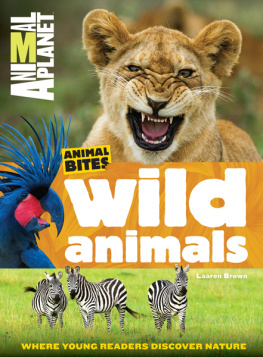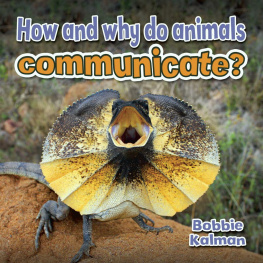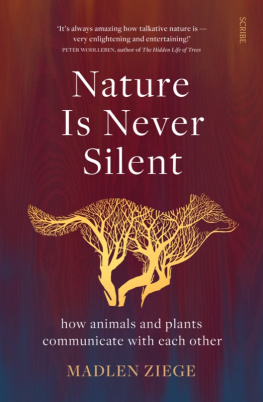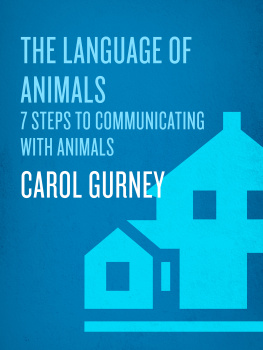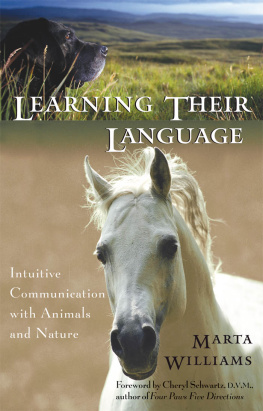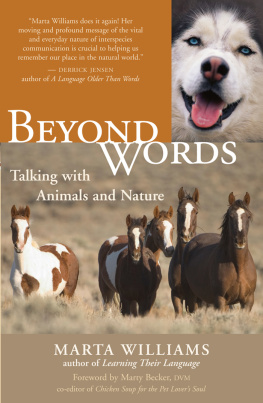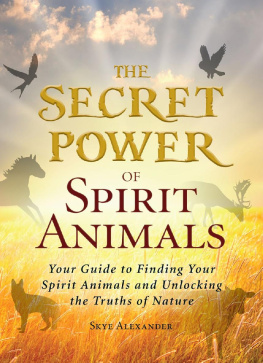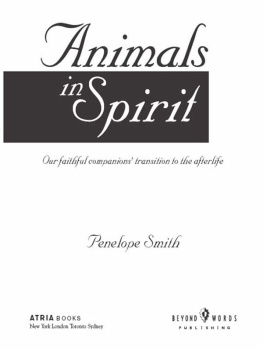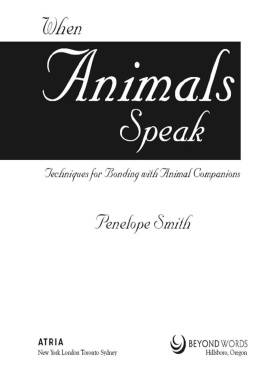Tamarack Song - Becoming Nature: Learning the Language of Wild Animals and Plants
Here you can read online Tamarack Song - Becoming Nature: Learning the Language of Wild Animals and Plants full text of the book (entire story) in english for free. Download pdf and epub, get meaning, cover and reviews about this ebook. year: 2016, publisher: Inner Traditions/Bear & Company, genre: Home and family. Description of the work, (preface) as well as reviews are available. Best literature library LitArk.com created for fans of good reading and offers a wide selection of genres:
Romance novel
Science fiction
Adventure
Detective
Science
History
Home and family
Prose
Art
Politics
Computer
Non-fiction
Religion
Business
Children
Humor
Choose a favorite category and find really read worthwhile books. Enjoy immersion in the world of imagination, feel the emotions of the characters or learn something new for yourself, make an fascinating discovery.

- Book:Becoming Nature: Learning the Language of Wild Animals and Plants
- Author:
- Publisher:Inner Traditions/Bear & Company
- Genre:
- Year:2016
- Rating:5 / 5
- Favourites:Add to favourites
- Your mark:
Becoming Nature: Learning the Language of Wild Animals and Plants: summary, description and annotation
We offer to read an annotation, description, summary or preface (depends on what the author of the book "Becoming Nature: Learning the Language of Wild Animals and Plants" wrote himself). If you haven't found the necessary information about the book — write in the comments, we will try to find it.
Includes exercises for learning how to become invisible within Nature, sense hidden animals, and communicate with wild animals and birds
Explains how to approach wild animals and form friendships with them
Details the intuitive awareness of our hunter-gatherer ancestors and their innate oneness with Nature
Animals and plants are in constant communication with the world around them. To join the conversation, we need only to connect with our primal mind and recognize that we, too, are Nature. Once in this state, we can communicate with animals as effortlessly as talking with friends. The songs of birds and the calls of animals start to make sense. We begin to see the reasons for their actions and discover that we can feel what they feel. We can sense the hidden animals around us, then get close enough to look into their eyes and touch them. Immersed in Nature, we are no longer intruders, but fellow beings moving in symphony with the Dance of Life.
In this guide to becoming one with Nature, Tamarack Song provides step-by-step instructions for reawakening the innate sensory and intuitive abilities that our hunter-gatherer ancestors relied uponabilities imprinted in our DNA yet long forgotten. Through exercises and experiential stories, the author guides us to immerse ourselves in Nature at the deepest levels of perception, which allows us to sense the surrounding world and the living beings in it as extensions of our own awareness. He details how to open our minds and hearts to listen and communicate in the wordless language of wild animals and plants. He explains how to hone our imagining skill so we can transform into the animal we are seeking, along with becoming invisible by entering the silence of Nature. He shows how to approach a wild animal on her own terms, which erases her fear and shyness.
Allowing us to feel the blind yearning of a vixen Fox in heat and the terror of a Squirrel fleeing a Pine Marten, the practices in this book strip away everything that separates us from the animals. They enable us to restore our kinship with the natural world, strengthen our spiritual relationships with the animals who share our planet, and discover the true essence of the wild within us.
Tamarack Song: author's other books
Who wrote Becoming Nature: Learning the Language of Wild Animals and Plants? Find out the surname, the name of the author of the book and a list of all author's works by series.

